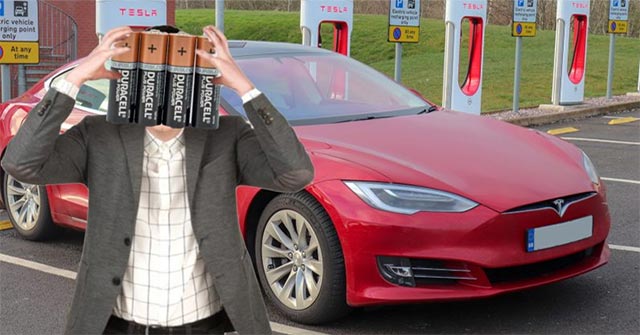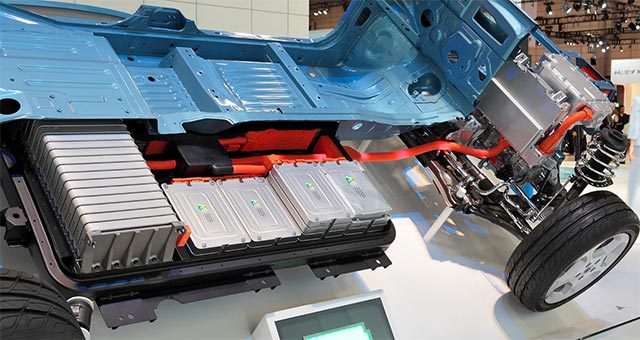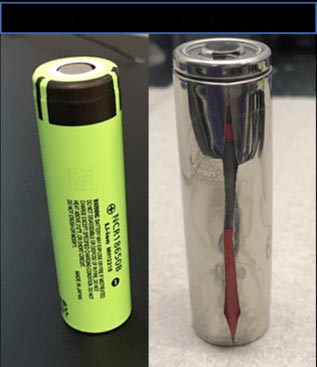
Operational capabilities and safety technology on electric vehicles have made great strides in the past few years, but it seems that battery manufacturing technology still cannot keep up with this development. In addition, the issue of charging the battery is also a factor that makes consumers hesitate before choosing to buy an electric vehicle.
The lack of public charging stations can be overcome relatively easily, but charging times are clearly a major issue. We cannot fully charge an electric vehicle as quickly as we can fill up a conventional internal combustion engine vehicle. This is the reason why electric vehicle manufacturers are almost putting all their efforts into developing fast charging technology to shorten the car’s charging time as much as possible. However, this unintentionally negatively affects battery life.

A recently published study has found that constant overuse of high-power, fast chargers can cause electric vehicle battery life to decline rapidly. Specifically, engineers from the University of California, Riverside (UCR) confirmed that commercial fast charging stations can subject electric vehicle batteries to high levels of heat, which, combined with high resistance, can cause the cells to The battery cracks, leaks and gradually loses its ability to store electricity.
To demonstrate, the research team tried charging a Panasonic lithium-ion cylinder battery pack (similar to the batteries equipped on many popular electric vehicle models today) using the same method as above. Many public fast charging stations. In addition, they also charged another battery similarly but with battery charging management software based on a newly developed algorithm, allowing the charging time to be shortened to suit the battery’s internal resistance. .
The results show that high battery resistance can cause many problems when charging. If this factor is not controlled, battery cells can be permanently damaged.
Battery life is significantly reduced
According to the research team’s analysis, the capacity of batteries using industry-standard charging processes can decrease by up to 40% after just 40 charging cycles. However, if the resistance inside the battery is well controlled, the battery capacity will only decrease by about 20% after the 40th charging cycle. Currently, electric vehicle batteries are recommended to be replaced if the capacity is less than 80% of the total capacity. Original design.

After 60 charging cycles according to industry standard procedures, the battery cells will begin to crack, exposing the internal components. This can completely lead to a high risk of fire and explosion.
The UCR research team recommends that electric vehicle owners minimize the use of commercial fast chargers, do not let the vehicle completely run out of battery before charging, and ensure that they do not overcharge.


